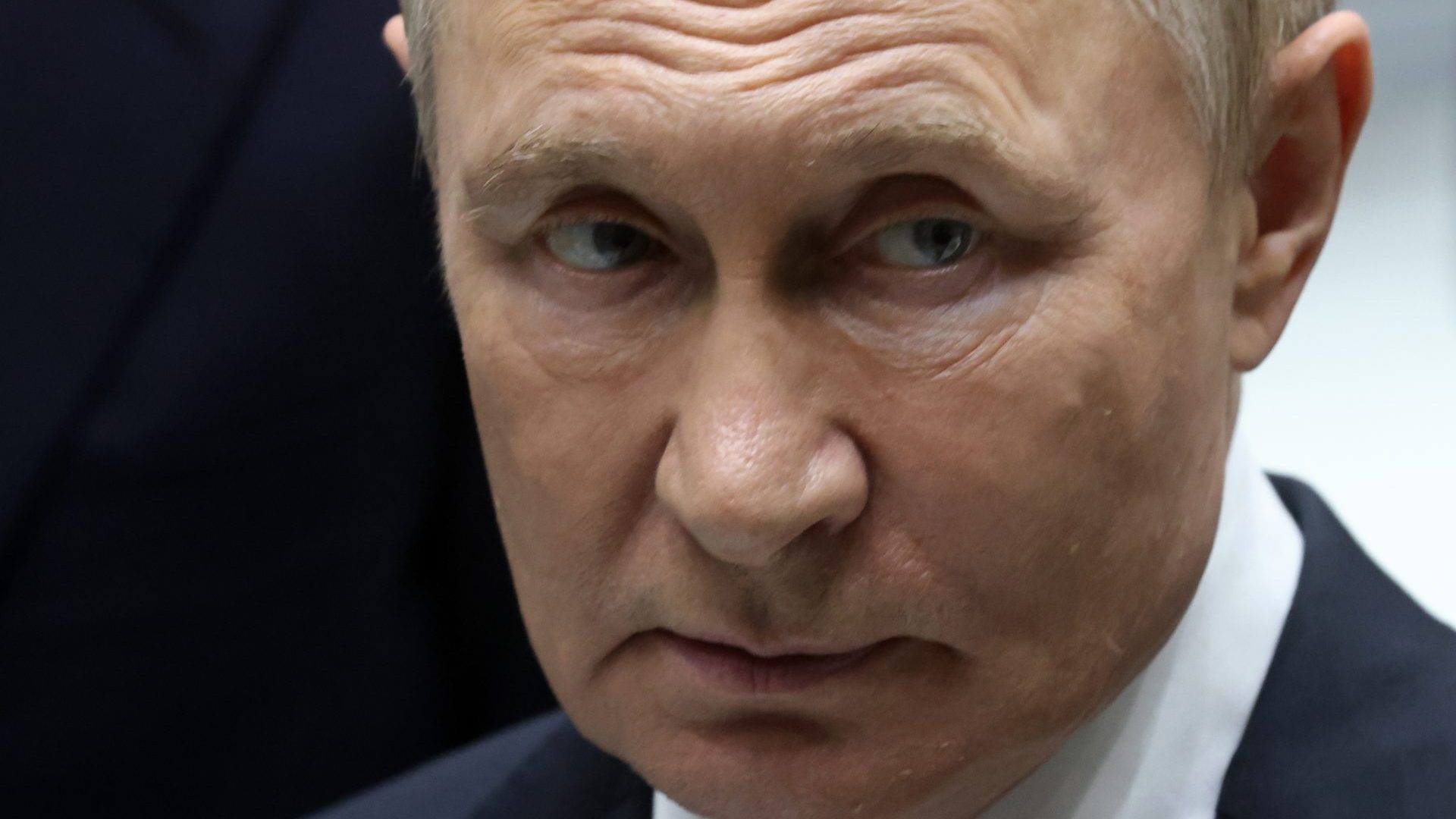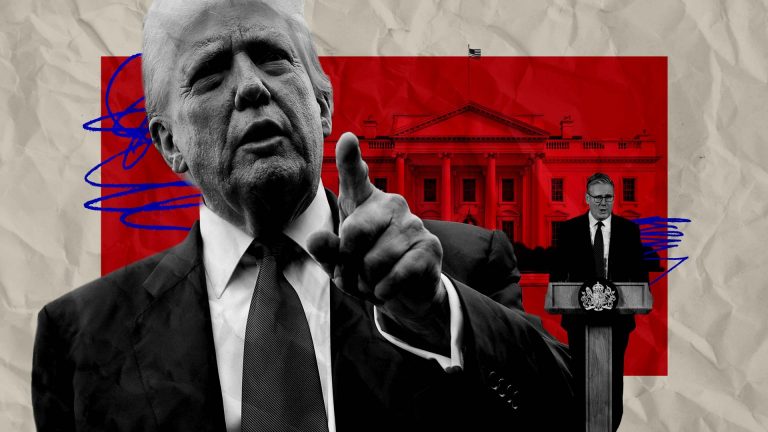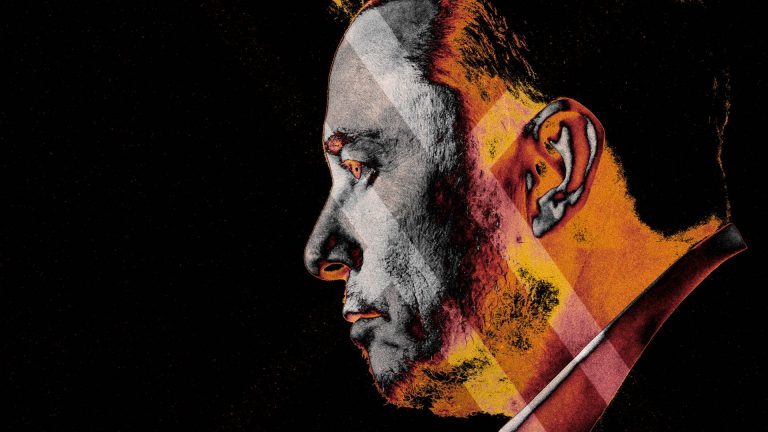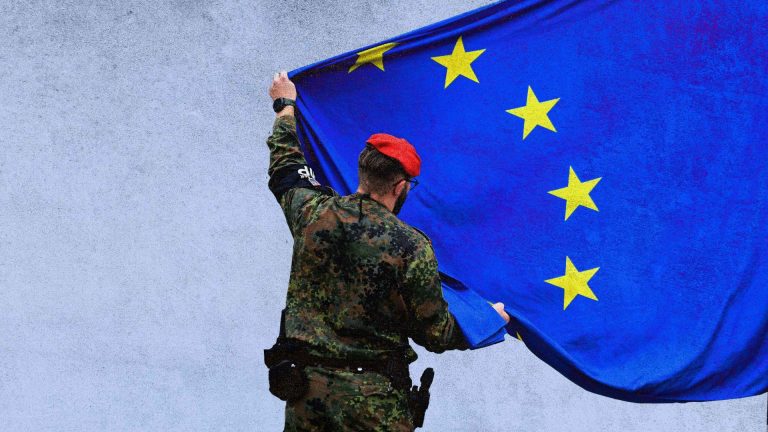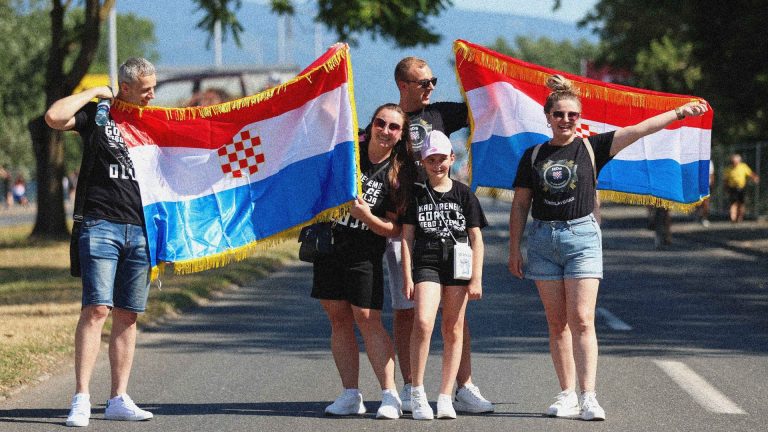Over the 250 years of conflicts between Poland and Russia whether under imperial or communist rule, including three partitions of Poland, Polish soldiers have always had a saying: “We fight and kill Germans from duty but we fight Russians from pleasure.”
So in a sense that Putin’s aerial bombardment of Polish territory using drones, an outrageous escalation, was nothing new. The Russian autocrat took advantage of the momentary distraction caused by Netanyahu’s failed attack on Hamas leaders in Qatar, to test Poland’s air defences. He got a surprise when Italian and Dutch F35s scrambled to shoot down Putin’s drones, helped by German surveillance.
Russia’s air force provoked a fast and effective response. If Putin intends to broaden his war against Ukraine to include action against the Baltic States and even Poland, it has now been made clear to him that this will not be a walkover.
Poland has also reacted by shutting its borders with Belarus, which is now little more than a Russian colony. Any Russian invasion against Poland would arrive from that direction. In the middle of September, Russia and Belarus will stage their largest ever “Zapad” land-war joint military exercises. Belarus sits between Russia and Poland.
Radek Sikorski, Poland’s Oxford educated, foreign minister, said the Polish government expects to see “very aggressive scenarios” and drills by Russian and Belarus troops. These could serve as a precursor to further aggression as part of Putin’s continuing strategy of increasing tension. It is also a clear show of his contempt for Trump and for european leaders like Macron, Starmer and Merz.
Suggested Reading
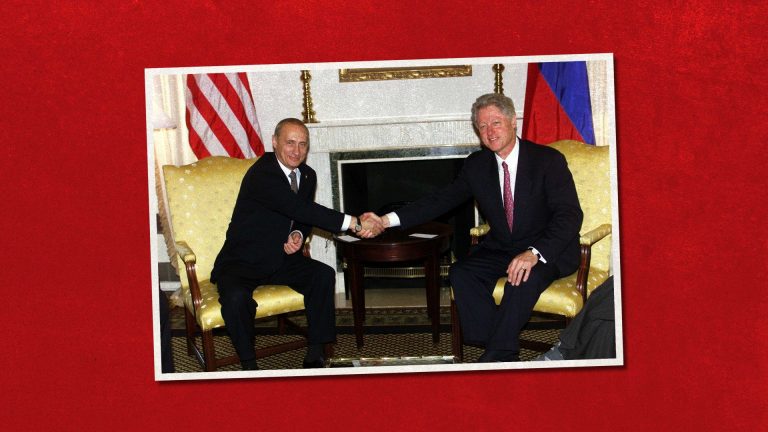

When I unpacked the Putin papers
As ever Poland is waiting for president Trump’s reaction. Will he finally realise that Putin has been playing him for years and decide to join with some but not all European democracies in taking Putin as a serious menace? Will he grasp that this is the only way that the US can forge a coalition of like-minded states to face down the threat from China.
Europe has tried to placate and schmooz Trump. The Nato secretary Mark Rutte even referred to him, somewhat queasily, as “Daddy” at the summer Nato summit. Peter Mandelson, the UK ambassador to Washington, crowed about Trump in a recent speech – though Mandelson now has some very serious problems of his own to deal with. But the new European nationalist, xenophobic right – Salvini, Le Pen, Farage, Orban, Wedel – have always made excuses for Putin. These european voices also exert a strong pull on Trump’s attention.
Poland’s nationalist right, which now controls the Polish presidency, has generally been immune to the Angela Merkel or Nicolas Sarkozy view that Putin could be managed. But the new Polish president, Karol Nawrocki, is a nationalist right-winger who has little feeling for Poland as a fully integrated partner within the European Union.
But he is no friend of Russia, and has warned that Putin could well invade yet more countries. But even though he opposes Putin’s invasion of Ukraine, Nawrocki is another European leader who blocks a strong common european policy on the war.
Putin’s attack on Poland also happened on the eve of the annual State of the Union address by the EU Commission president, Ursula Von Der Leyen. She proposed the creation of what she called a “drone wall” and a space surveillance system for Europe’s north eastern flank, covering the Baltic states and Poland. She backed the idea of using frozen Russian assets – around €300bn to issue a “Reparations Loan” to finance Ukraine in the future.
“Before Russia invaded Georgia, it exercised. Before it invaded Ukraine, it exercised. Now it is exercising an invasion of Nato, and at the same time practicing the use of nuclear weapons,” said Sikorski. “We have learned over 500 years that when Russia threatens us, unfortunately it must be taken with deadly seriousness.”
Denis MacShane represented Britain as Europe Minister at Ukraine’s pro-democracy “Orange Revolution” in 2005. He was present in Georgia as a UK delegate to the Council of Europe at the time of Putin’s invasion of Georgia in 2008. In August the Russian Minister of Foreign Affairs banned him from entering Russia on account of his criticisms of Putin’s aggression against Europe

